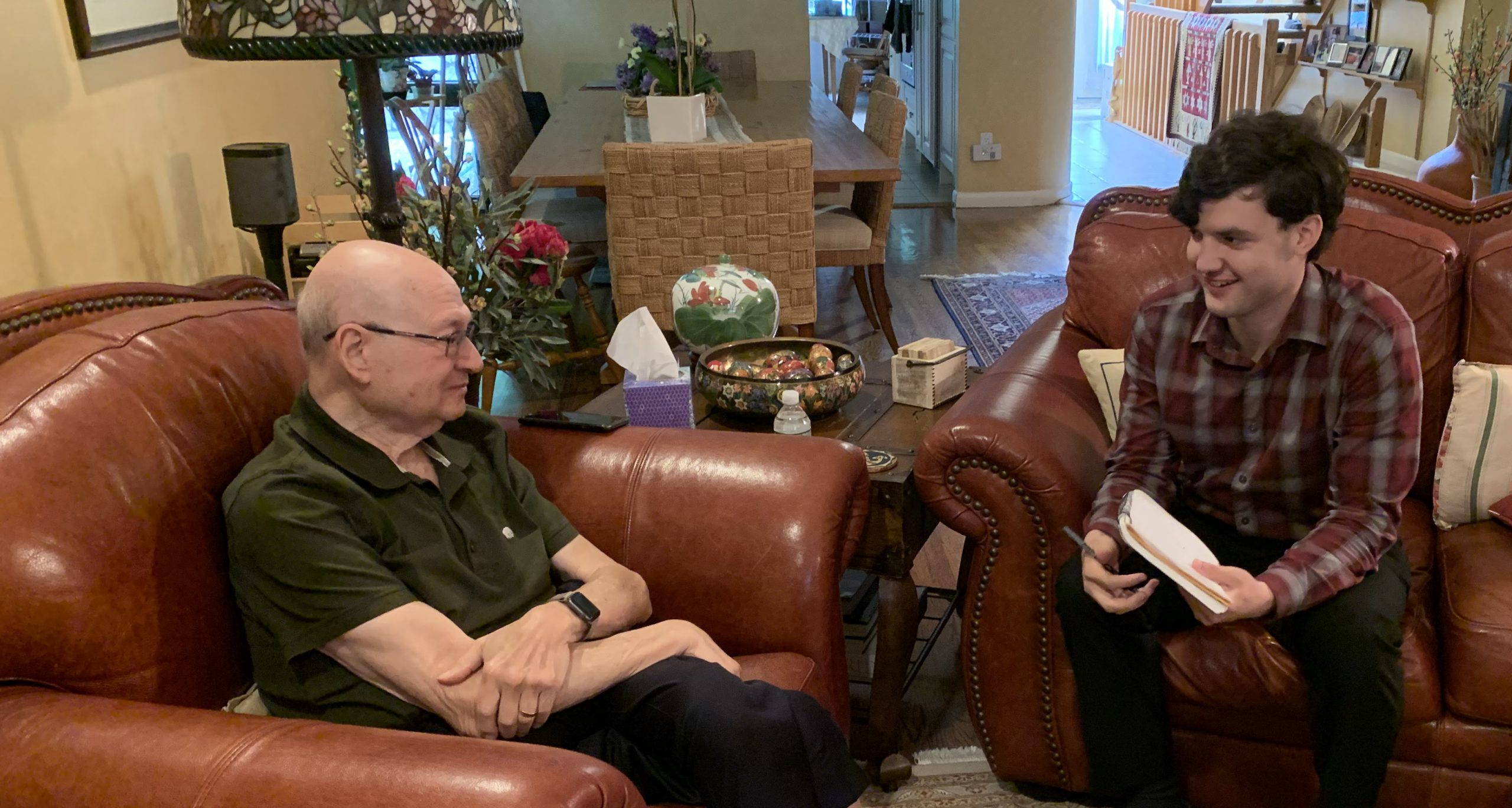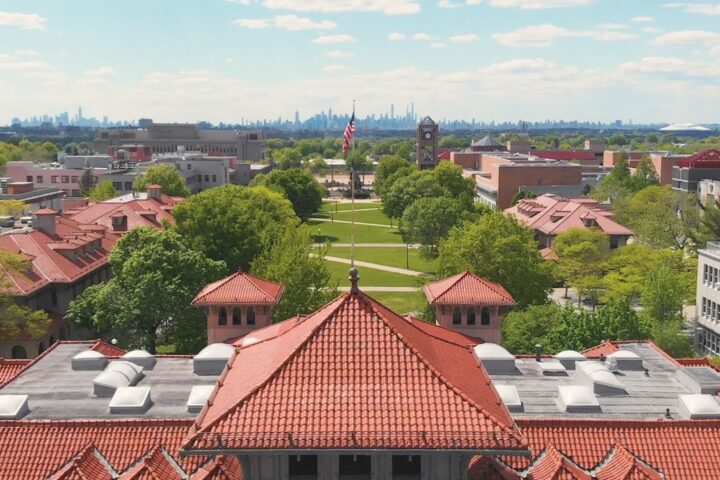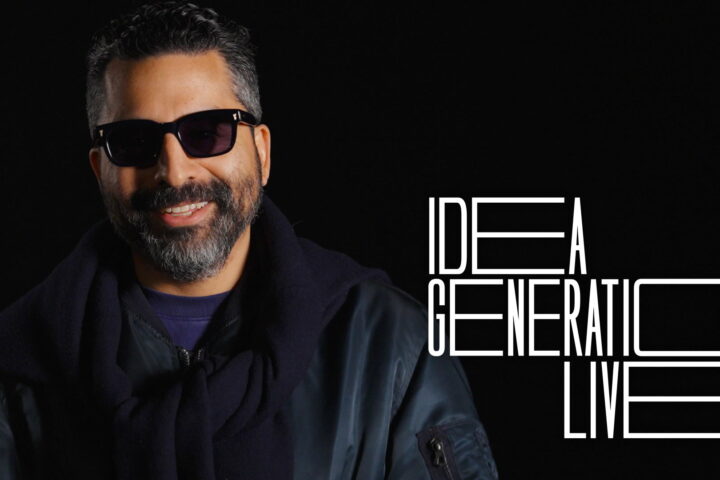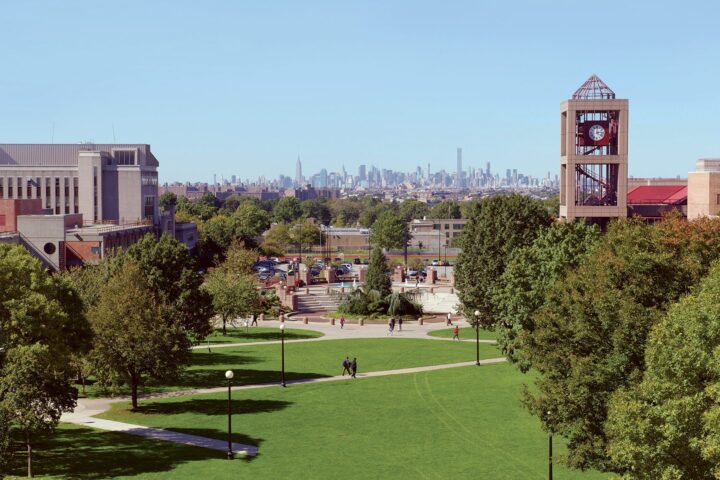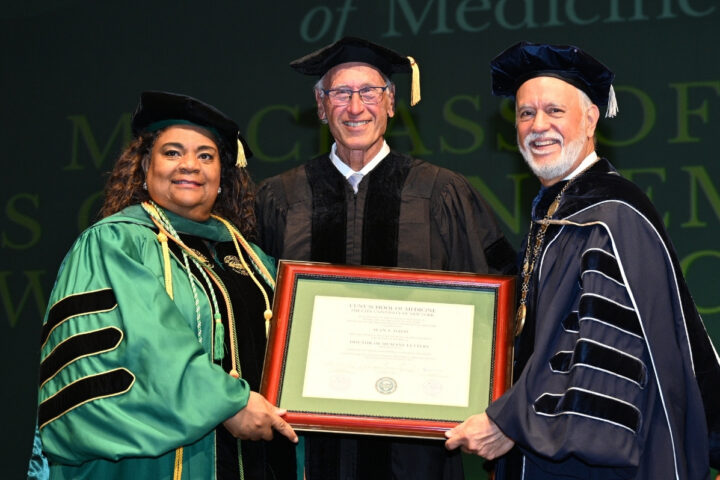EDITOR’S NOTE: This article originally appeared as a PDF exclusive in the July 2021 TKN Digest.
Earlier this month, I had the privilege of interviewing former U.S. Congressman and Queens College alumnus Gary Ackerman at his home. He had the sort of charisma one would expect of a national politician, and over the course of our four-hour interview, he dished on the state of journalism, politics, and the world as they were, as they are, and as they figure to be.
Ackerman’s first foray into journalism coincided with his time at Queens College. At the time, the Summit had a system of what were called house plans (or “poor man’s fraternities,” as Ackerman was quick to add.) The dues for these house plans were prohibitively expensive, so Ackerman and his friends formed a newspaper called the Knight Beat to expose the situation. They bankrolled the operation by selling ad space in the paper to local businesses.
Ackerman’s first major social push, though, came about when he was a schoolteacher in 1969. He applied for paternity leave, unheard of at the time, and endured a protracted court battle to have his request approved by the Equal Employment Opportunity Commission. As he related to me, he was the subject of ridicule at the time in the New York Daily News, which opined that “it would bankrupt the city if every wannabe dad demanded his due.” I asked if he would consider what he did civil disobedience in the spirit of Rosa Parks and the Tiananmen Square protestors. “No,” he responded, “I wouldn’t. Civil disobedience requires that a law be broken, and I broke no law.” Instead, he called his act “civil defiance.” His victory was a watershed moment in the advancement of fathers’ rights.
Indeed, he’s something of a real- life Forrest Gump in his penchant for being present at several events of historical interest. It was impossible to distill the entirety of a thirty-year congressional career into a portion of a 4-hour interview, but Ackerman still regaled me with some highlights, as detailed as if they had happened yesterday. He was particularly comprehensive in his recollections of crossing Korea’s De-Militarized Zone in 1993 as the first man to do so since the Korean armistice. When I brought up that an L.A. Times article had called him “tight-lipped” about the reasons for his visit, he dismissed it as “an attempt to make a big fuss of things.” What had really happened, per Ackerman, was that North Korea had been stockpiling radioactive materials and turning UN inspectors away from the camera feeds trained on the locks to the vaults. After yearlong talks with a North Korean UN staffer, it was arranged that Ackerman would travel to North Korea to negotiate with the Supreme Leader Kim-Il Sung himself. All the time, he’d remained mindful of the diplomacy of the situation: “The North Koreans wanted me to take a government plane, but I was adamant about taking a chartered flight – and so it was. I travelled under no banner. If things went south, it would be Gary Ackerman who screwed up, not the United States.” Fortunately, they hadn’t; North Korea agreed not to touch their stores of uranium (plutonium was left off the table), and sure enough, as a previously agreed-upon gesture of goodwill, Ackerman departed North Korea on foot and arrived the same way in South Korea. He would, at the time, call his journey “a very long walk down a very short road.” Was this, perhaps, an acknowledgement of the extensive preparations that went into this pivotal political maneuver? A recognition of the magnitude of the moment? He flashed me a wry smile. “Sure it was a very long walk! It took us a while to get there! They turned the lights off on us!”
I then asked Ackerman what it was that fueled his political aspirations in the first place. “Ego.” I hadn’t expected such a response, but he clarified. “An ego is fed by any activity which pleases oneself. In much the same way that a baker’s ego may be fed by baking and selling loaves of bread, my ego is fed by helping others and ensuring that they are provided for. My interest in political power was never self-serving; I only ever sought to increase my station in order to increase my capacity for helping others.” It made sense to me that a man whose collegiate and professional journalistic work was preoccupied with social advocacy would be attracted to a profession which does just that.
Ackerman is well aware of the vitriol inherent in modern political discourse, but he believes that it well predates the “era of Donald Trump.” Ackerman recalls the exact moment when he became aware of a change in the nature of party politics. “This was around the time of Newt Gingrich, the man who introduced mean (into politics),” he began. A colleague of Ackerman’s had been filling him in on the proceedings of a meeting between Republican staffers. They’d gathered together in prayer. “I told him, ‘You know me. I’m as big a separation of church and state guy as you’ll ever see in Congress. Let them do what they want. It’s harmless.’” A pause. “’No, Gary, you don’t get it. They’re praying for the passage of their bill.’” It was a sobering moment for Ackerman, who’d realized that things had changed for good. “The conflict was no longer good versus bad, as in the quality of bills. It was now good versus evil: the morality of bills.”
Ackerman has also noticed a shift in the mediascape since his time as a journalist. So what’s changed? His take on the matter was characteristically blunt. “People have gotten dumber. The difference between news and entertainment has been blurred, and what this has done is cause consumers to demand that you lie to them.” He contrasted the current state of affairs in news media with that of 50 years ago. “You used to be able to turn on the television set and never know whether Walter Cronkite had a single opinion, because what came out of his mouth wasn’t the news as he saw it, but the news.”
In spite of it all, Ackerman still considers himself “a depressed optimist.” In his view, “good people still exist on both sides. The problem is that some – not all – Republicans adhere to Trump out of fear. They fear the end of their political career, or else the social repercussions that come with ‘abandoning the cause.’” Once people stop being “fearful of each other,” Ackerman believes, America and the world can begin to change for the better.


